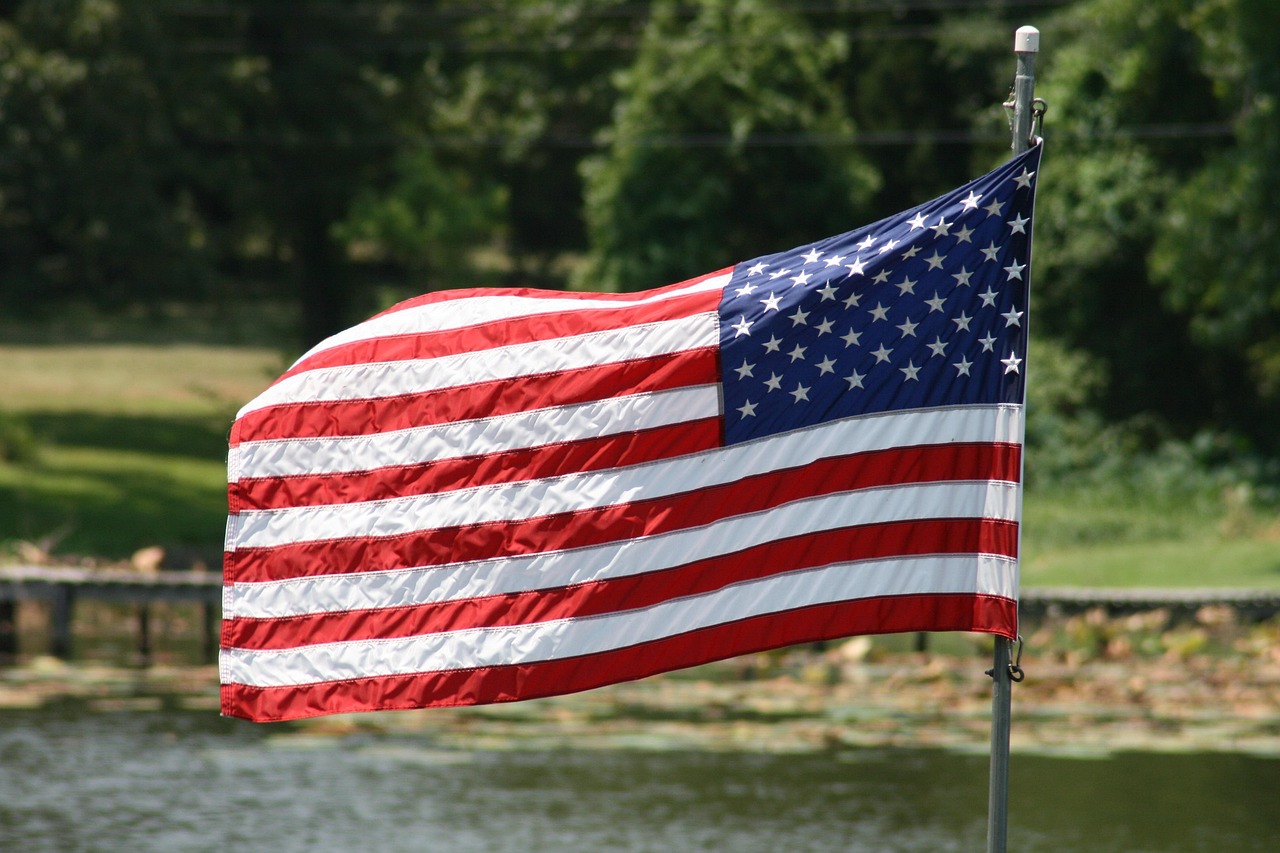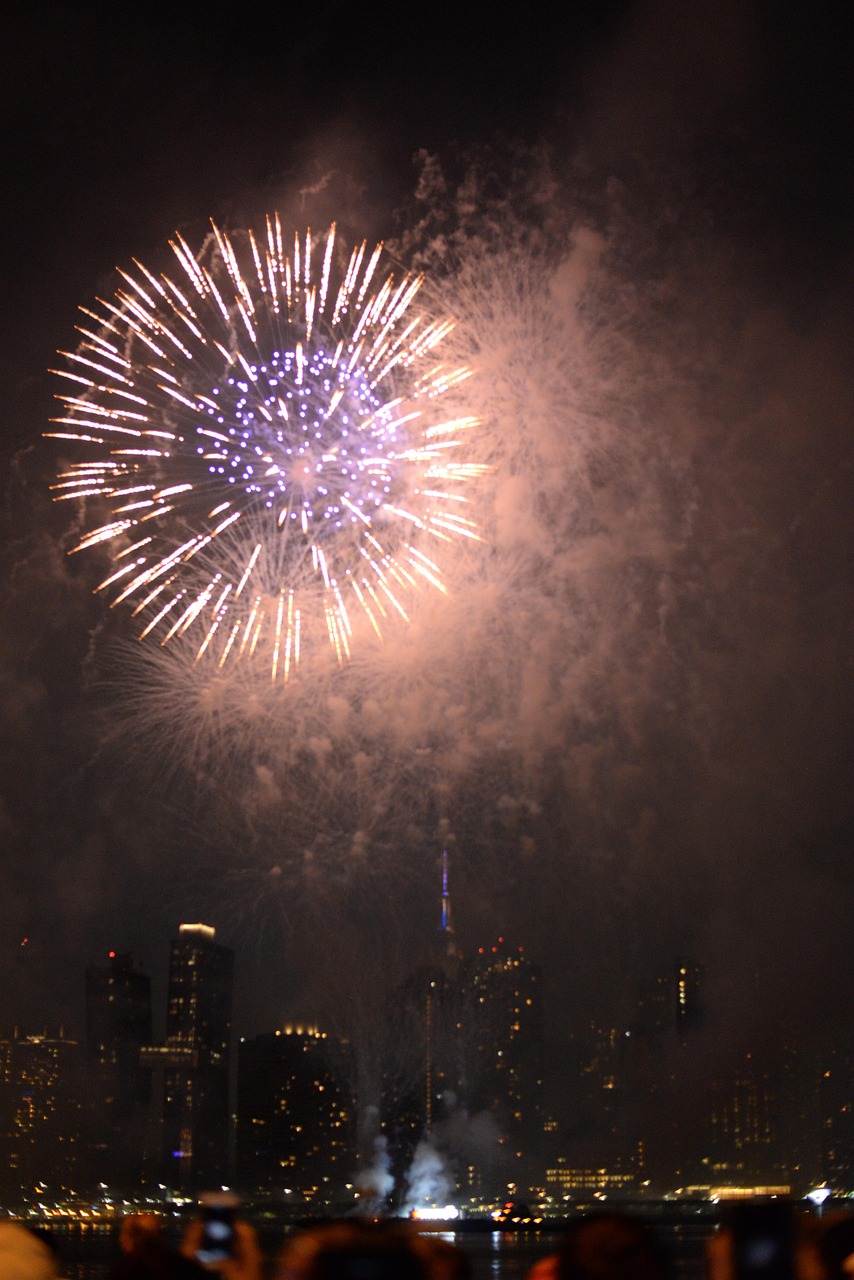Every year on July 4th, Americans gather across the country to celebrate more than just fireworks, barbecues, and parades. Independence Day marks the birth of a nation, a turning point in history when the American colonies boldly declared their freedom from British rule. But while the red, white, and blue decorations fill our neighborhoods, it’s important to reflect on what this day truly represents—and how its meaning continues to evolve in the modern era.
A Glimpse into History
The origins of July 4th date back to 1776, when the Second Continental Congress adopted the Declaration of Independence, a document largely authored by Thomas Jefferson. With its iconic opening—“We hold these truths to be self-evident, that all men are created equal…”—the Declaration laid the philosophical foundation for a new nation based on liberty, democracy, and individual rights.
At the time, declaring independence from Great Britain was not only a radical act, it was treasonous. The colonies were rebelling against one of the most powerful empires in the world. Yet, fueled by a desire for self-governance and freedom from oppressive taxation and political control, the founders risked everything. The Fourth of July has since become a powerful symbol of courage, determination, and the pursuit of freedom.

How We Celebrate
Today, Independence Day is one of the most widely celebrated holidays in the United States. From small towns to major cities, Americans come together to enjoy a variety of traditions:
Fireworks displays light up the night sky, symbolizing the “rockets’ red glare” and the fierce battles that secured our freedom.
Parades feature marching bands, veterans, local officials, and patriotic floats, honoring both past and present service to the country.
Cookouts and picnics bring families and friends together, reinforcing the sense of community and shared heritage.
Patriotic music—from “The Star-Spangled Banner” to “God Bless America”—stirs feelings of national pride and unity.
Many communities also hold naturalization ceremonies on July 4th, where immigrants officially become U.S. citizens. These powerful events are a reminder that the American dream is alive and well—and that independence means something deeply personal to those who seek a better life under its banner.
Beyond the Festivities
While July 4th is a day of celebration, it’s also an opportunity for reflection. Independence didn’t come easily, and the ideals declared in 1776 were not instantly realized. In fact, for many groups—enslaved people, Indigenous communities, women, and immigrants—the promise of freedom and equality remained out of reach for generations.
Frederick Douglass, in his famous 1852 speech “What to the Slave is the Fourth of July?”, questioned the nation’s celebration of liberty while millions remained enslaved. His words remind us that July 4th is not just about honoring the past—it’s about continuing the work of building a nation that truly lives up to its founding ideals.

Independence and Responsibility
In a democracy, independence comes with responsibility. Our freedom depends on informed, active participation in civic life. That includes voting, engaging in respectful debate, advocating for justice, and ensuring the rights of all citizens are protected.
As we celebrate this holiday, it’s worth asking ourselves:
How can we better uphold the values of freedom, equality, and justice?
What role do we play in shaping our nation’s future?
How do we ensure that the liberties fought for in 1776 are preserved for generations to come?
These questions keep the spirit of July 4th alive—not just as a historical event, but as an ongoing journey toward a more perfect union.
A Day for Everyone
July 4th means different things to different people. For some, it’s a reminder of military service and sacrifice. For others, it’s a celebration of heritage and immigration. For many, it’s a day to simply enjoy life, loved ones, and the freedom to choose how we live.
That’s the beauty of Independence Day—it belongs to everyone. It invites us to reflect on our collective story while embracing the diversity that makes America strong. It challenges us to look beyond the fireworks and see the deeper meaning: a nation constantly striving to become better, freer, and more just.

Final Thoughts
As you fire up the grill, wave a flag, or watch the sky explode in color, take a moment to remember the origins of this powerful day. The Fourth of July is more than just a holiday; it’s a reminder of what unites us—a shared belief in freedom, a respect for those who fought to defend it, and a commitment to building a more inclusive future.
Let July 4th be a day of gratitude, of joy, of reflection—and above all, a celebration of the enduring American spirit.
